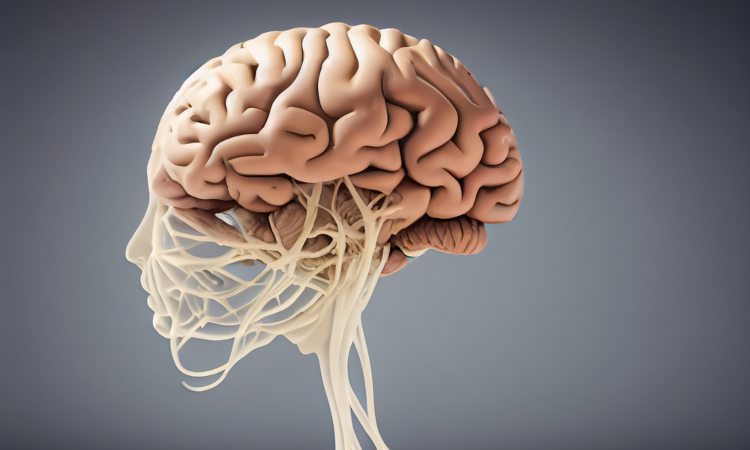Psychology
Why study a career in psychology?
Psychology is a social science responsible for studying the human mind and its activities, as well as individual and group behavior.As a discipline that deals with the exploration of the logic of human thought and action, it is an immediately attractive and attractive career for many people.
The study explores various complex concepts such as perception, attention, motivation, emotions, thinking, personality, interpersonal relationships, consciousness and the unconscious, as well as disorders and psychotherapy.
Reasons to study psychology:
1. You will develop critical thinking:
This method allows the professional to develop a new way of thinking and processing ideas called critical thinking, which specifically refers to the ability to objectively analyze information in order to express an intelligent judgment.
This technique is very useful for any activity that occurs in the work and personal life of a professional, since it will allow you to distance yourself from any event and analyze it from different angles at the same time.
2.There is always something more to learn:
The field of psychology is constantly evolving, making it a challenge to continually improve and improve for professionals, who must absorb new knowledge, techniques, projects, and research even after graduating.
3. Psychology is a perfect complement to other disciplines:
Psychologists are enriched with knowledge about social interactions, language, communication, decision-making processes, emotions, etc., which makes them much more valuable and important in the tasks they perform.
Understanding how to deal with each individual in different ways is one of the great challenges of the 21st century for all companies, and psychology professionals will undoubtedly be key players in the discovery of this new form of communication.
Branches of psychology
Clinic and Psychotherapy: They diagnose, treat, and prevent mental and emotional disorders using a variety of approaches (such as cognitive behavioral, psychoanalytic, gestalt, and others).
Neuropsychology: Analyzes how brain structures and functions are related to specific behaviors and mental processes.
Educational psychology: It studies how people learn and how they can improve educational processes. They are also dedicated to identifying learning problems in students and proposing solutions.
Organizational and business psychology: They work in a variety of roles. In selection and well-being in the workplace. In understanding consumer motivations and designing campaigns. In resolving conflicts, promoting innovation and leadership.
Social psychology: It studies how people influence and are influenced by other people, exploring topics such as social perception, attitude formation, group influence, among others.
What is the job opportunity for a psychology professional?
Psychologists are often required to work in different organizations, whether public or private, for-profit or non-profit, for all types of tasks.
Among them we can mention: Human resources management, specialization in child development, professional sports coaching, research, psychology specialized in some disorder, teaching, work in the media, advisors for the world of law, assistants in forensic sciences, marketing leaders and consumer behavior, clinical psychology, among others.
What is a Psychology student like?
The profile of a student of this discipline presents some of the following characteristics:
❤. Interest in the study of human behavior.
❤. Constant search to help others.
❤. Empathy and sensitivity.
❤.Good disposition when complex and intervening in complex situations.
Keywords:
Analyzes: It is understood as the thorough and detailed examination of a matter to know its nature, its characteristics, its state and the factors involved in all of this.
Branches: Said of an establishment: That, located in a different place than the central office on which it depends, performs the same functions as it.
Behaviors: Result of carrying or carrying something in the company of someone.
Judgment: Faculty by which human beings can distinguish good from evil and true from false.
Development: The condition of life of a society in which the authentic needs of groups and/or individuals are satisfied through the rational, that is, sustained, use of natural resources and systems.
Management: Assume and carry out responsibilities for a process.
Useful: That brings or produces benefit, comfort, fruit or interest.
Constantly: Continuously or without interruption.
Research: Social process that seeks to provide answers to problems of knowledge.
Consciousness: Knowledge of good and evil that allows the person to morally judge reality and actions, especially their own.










No hay comentarios:
Publicar un comentario